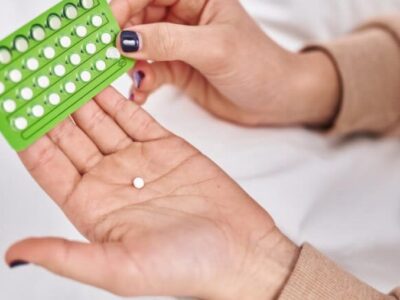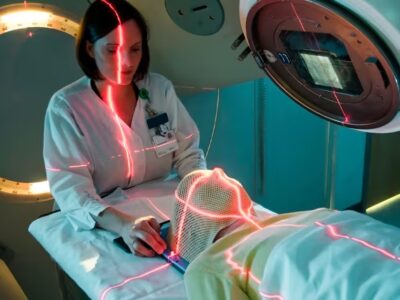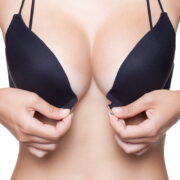
Due to its capacity to smoothen rough and deep wrinkles and tighten drooping skin, Fractional CO2 laser is frequently marketed as an instantaneous facelift. Due to its high rate of success and ability to create visible effects in just two treatments, it’s a famous treatment offered by qualified cosmetic doctors across the globe.
Advantages of Fractional CO2 Laser Skin Resurfacing
This laser type is more stable than prior models. It is excellent for sun-damaged and aging skin. The laser is used to resurface your skin while also firming and tightening it. Thus, natural collagen synthesis increases dramatically.
Acne scars, crow’s feet, deep-set wrinkles, fine lines, rough texture, and discoloration may all be treated with the fractional CO2 resurfacing laser.
What Can You Expect from a Fractional CO2 Laser?
Getting a laser skin resurfacing treatment is a straightforward and safe process. Before the laser resurfacing procedure, your skin would be numbed. The treatment itself takes just approximately 15 minutes. After the procedure is finished, you might experience flaky, dry, and tight skin and redness which will make it hard to move the face muscles. The cosmetic doctor would put a moisturizing lotion on your skin, which would restore moisture and alleviate these effects, which will subside on their own in a matter of days.
Try using Fractional CO2 laser as a more cost-effective option than other cosmetic surgery treatments for the quickest path to youthful-looking, smooth, skin.
The cumulative effects of environmental and aging damage, like moisture loss, too much sun exposure, decreased collagen formation, and conditions like acne, cause the skin to lose its youthful and smooth look over time. The CO2 fractional laser, which is the golden standard of cosmetic lasers, offers impressive resurfacing effects in a short length of time, even after a single session, however, 2-3 sessions are sometimes more effective. The laser procedure may be tailored to eliminate wrinkles and fine lines, enhance the appearance of scars, repair flaws, and produce smoother-looking skin, based on the demands of the person.
The Fractional Laser Difference In Accuracy
The CO2 fractional laser outperforms non-fractional lasers since the proportion of ablation may be modified to meet the demands of each person. That is, we could adjust the degree of density and energy for each kind of blemish, as opposed to a non-fractional laser, which ablates the whole surface. In addition, there’s much less downtime after the procedure. The results are both continuous and immediate, with optimum improvement occurring within 2-3 months, allowing for complete elastin and collagen production.
Facial Rejuvenation
Fractional CO2 laser could improve skin discoloration, uneven texture, acne marks, pigmentation, fine lines, deep wrinkles, and scars.
Since fractionated CO2 laser resurfacing addresses wrinkles, tone, texture, and brown spots, it is used to renew the skin on a worldwide scale. It improves skin tone, reduces fine wrinkles, and tightens your skin, giving your whole face a younger, rejuvenated look. Although it’s usually used to treat the face, the CO2 laser may also be utilized to enhance the skin on the chest, neck, hands, and arms. It’s also commonly used in conjunction with surgical lifting operations. When a neck lift or facelift is done alone, the skin usually does not match the freshly lifted look, giving the illusion of being “done.” By renewing the skin concurrently with surgery, the ultimate effect is significantly more natural. The laser also removes and softens vertical lines surrounding your lips and tightens the eyelids’ skin, something no injectable filler or surgical procedure can do properly.
How Should I Care For My Skin Following A Co2 Laser Resurfacing Procedure?
After you heal, daily sunscreen use is required to preserve the freshly laser-resurfaced skin. A broad-spectrum sunscreen that protects against both UVB and UVA radiation is suggested. Apply sunscreen with at least SPF 30 which is particularly recommended for facial use.











